David Ignatius' 6 favorite spy novels
The author recommends works by Graham Greene, Adam Brookes, and more
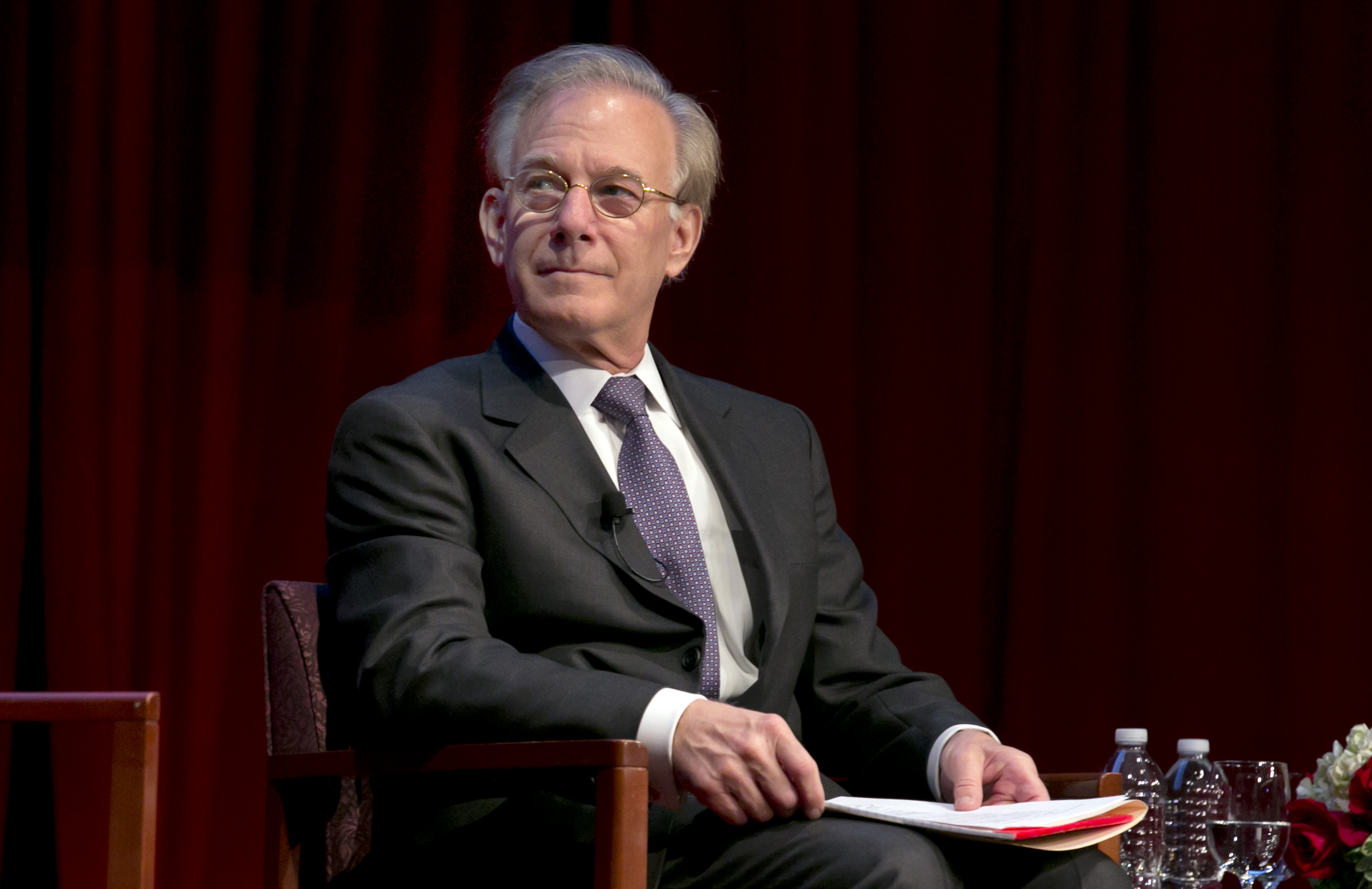
A free daily email with the biggest news stories of the day – and the best features from TheWeek.com
You are now subscribed
Your newsletter sign-up was successful
When you make a purchase through links on our site, we may earn a commission
In David Ignatius' 11th and latest espionage thriller, The Paladin, a disgraced former CIA officer, seeks revenge in Italy and uncovers a deeper conspiracy. Below, the veteran Washington Post columnist and editor names his favorite spy novels of all time.
The Quiet American by Graham Greene (1955).
The Week
Escape your echo chamber. Get the facts behind the news, plus analysis from multiple perspectives.

Sign up for The Week's Free Newsletters
From our morning news briefing to a weekly Good News Newsletter, get the best of The Week delivered directly to your inbox.
From our morning news briefing to a weekly Good News Newsletter, get the best of The Week delivered directly to your inbox.
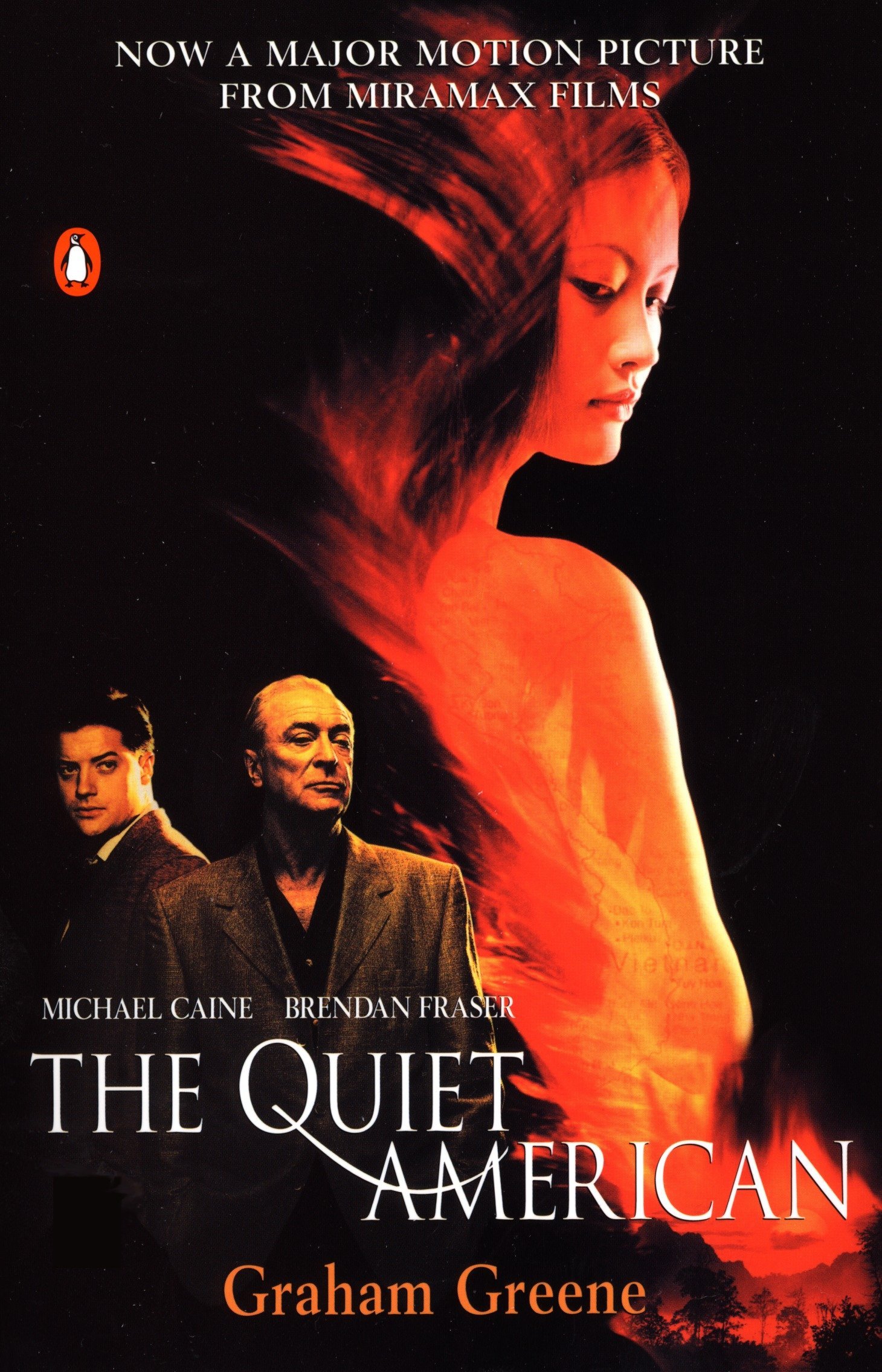
The archetype for the realistic, character-driven spy novel. No Aston Martins or gunplay, but the real terrain of espionage: manipulation, betrayal, and fatal misjudgment. I was so devoted to this book as a young writer that I wove one of its characters — the absurdly upbeat "Third Way" advocate York Harding — into my first novel, Agents of Innocence. Greene was one of the 20th century's greatest novelists; he was also a former spy himself. The two areas of expertise combine sublimely in this book.
Tinker Tailor Soldier Spy by John le Carré (1974).
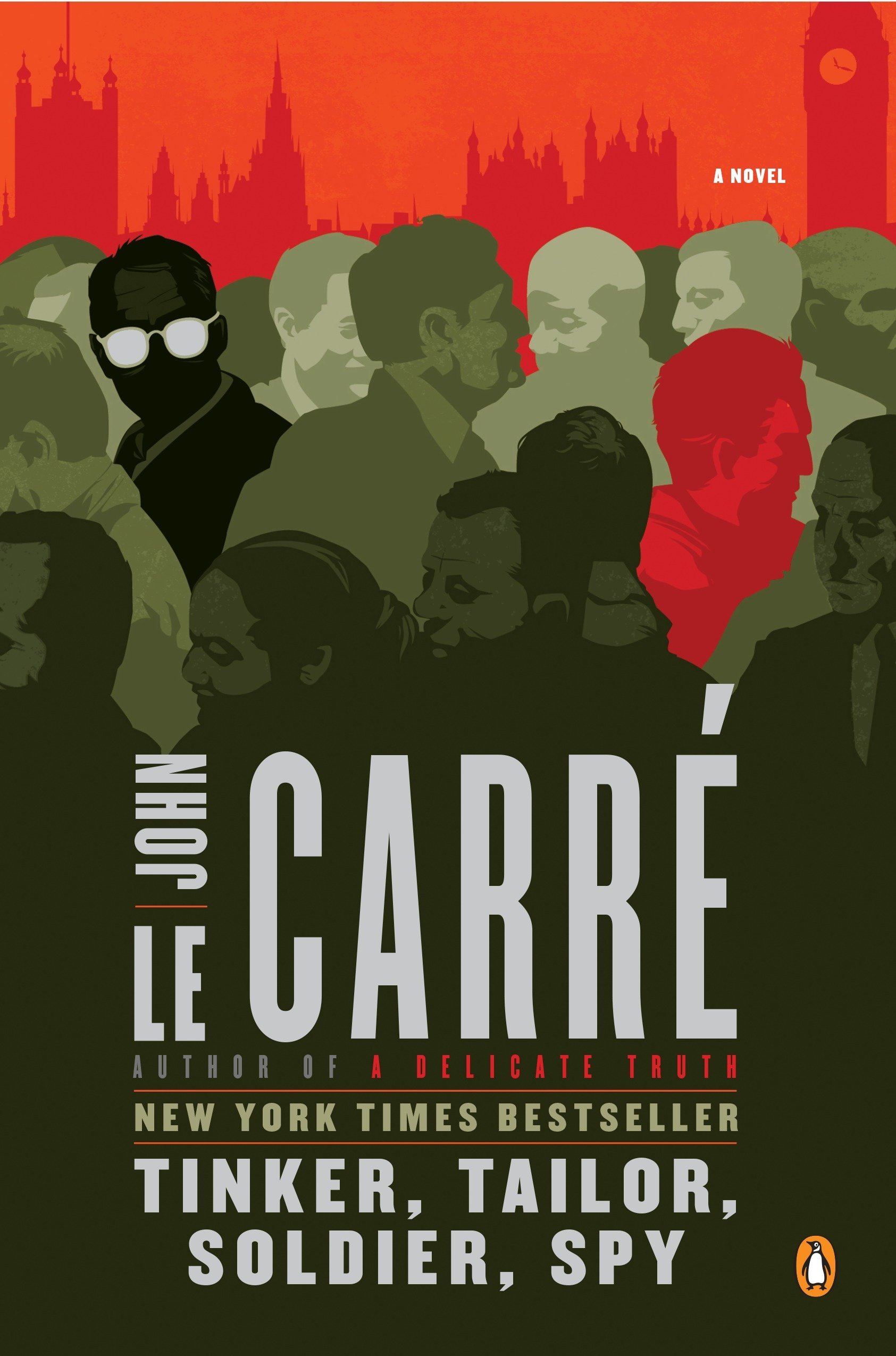
Le Carré, a veteran of the Kim Philby–era MI6, reinvented the spy novel as a "mole hunt." His characters feel so real that you worry about how the next generations of intelligence officers could ever live up to their fictional forebears.
Tears of Autumn by Charles McCarry (1974).
A free daily email with the biggest news stories of the day – and the best features from TheWeek.com
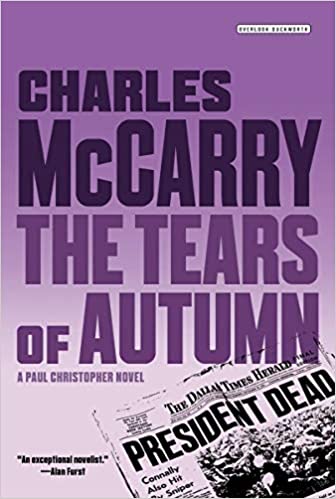
McCarry, a deep-cover CIA officer whose spy fiction has the searing quality of real life, produced arguably the best American spy novel ever. It has echoes of The Quiet American and a vengeance scenario that will make you wonder forever if McCarry was writing a parable about the JFK assassination as a Cuban revenge plot.
Night Heron by Adam Brookes (2014).
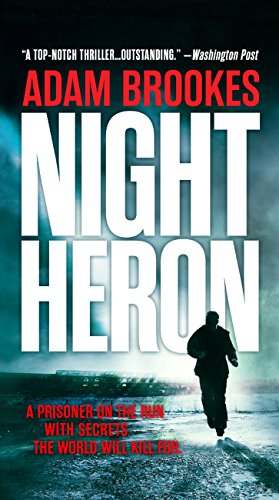
Brookes, a British former journalist and too-little-read spy novelist, meticulously examines spy fiction's great underexplored terrain: the Chinese intelligence service. Few have tried to take us as Brookes does into the operations of the Ministry of State Security.
Berlin Noir by Philip Kerr (1989–91).
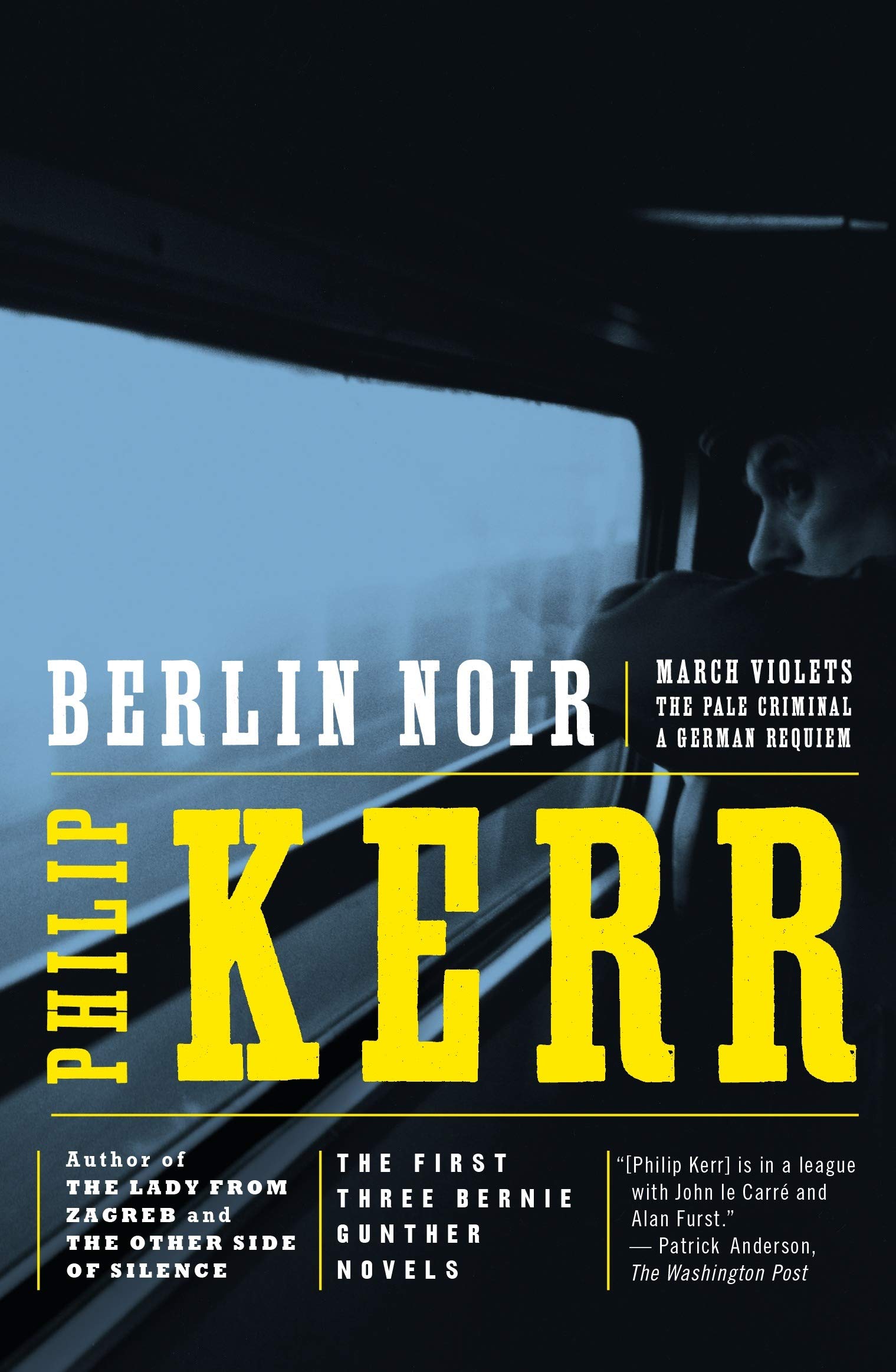
Kerr created an unforgettable character in Detective Bernie Gunther, who tries to stay honest and moral in the descending darkness of Nazi Germany. I love all of his books, but this first trilogy remains my favorite.
Ashenden: Or the British Agent by Somerset Maugham (1928).
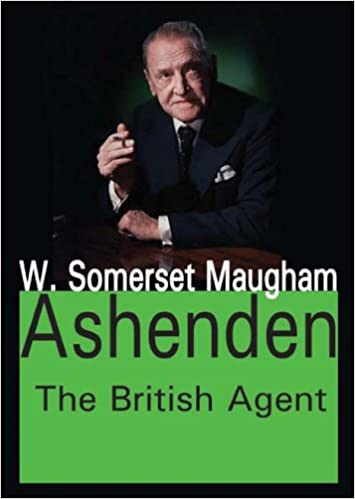
The upper-class British are the best liars in the world — both in service to their country and in instances of betrayal. The protagonist of this collection of stories, drawn by Maugham from his own experiences in intelligence, is the paradigm of the British aristocrat as spy. And this is the book that set the clock ticking for the modern spy novel.
This article was first published in the latest issue of The Week magazine. If you want to read more like it, you can try six risk-free issues of the magazine here.